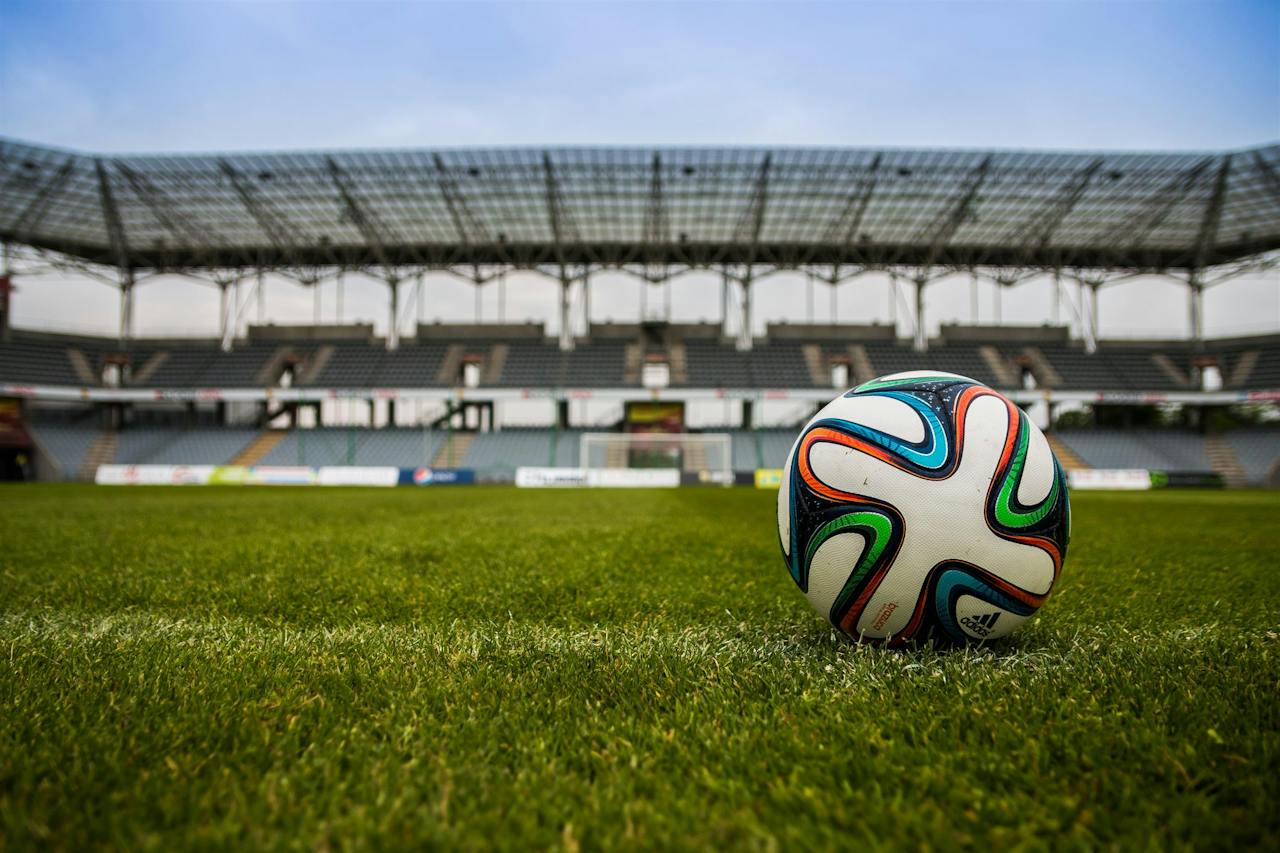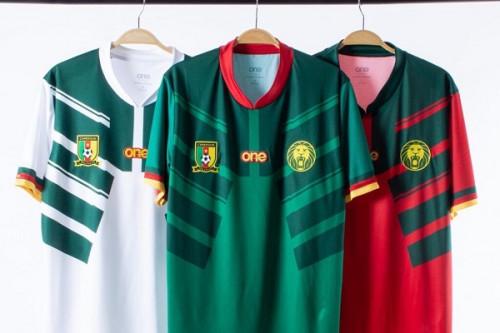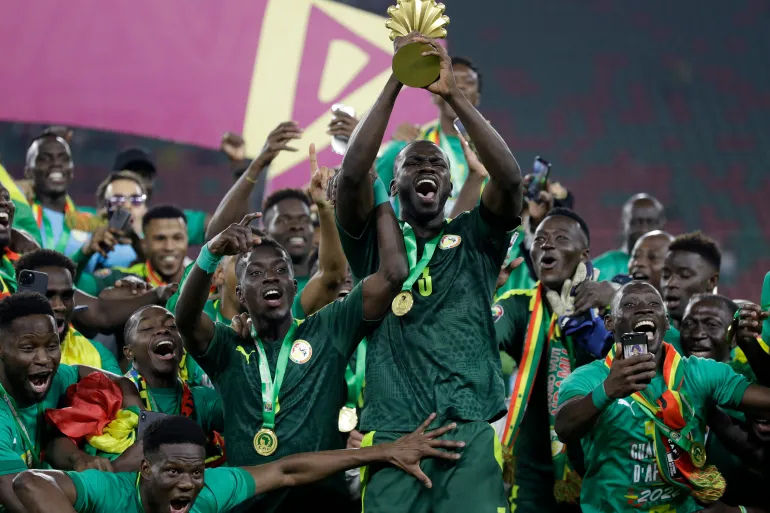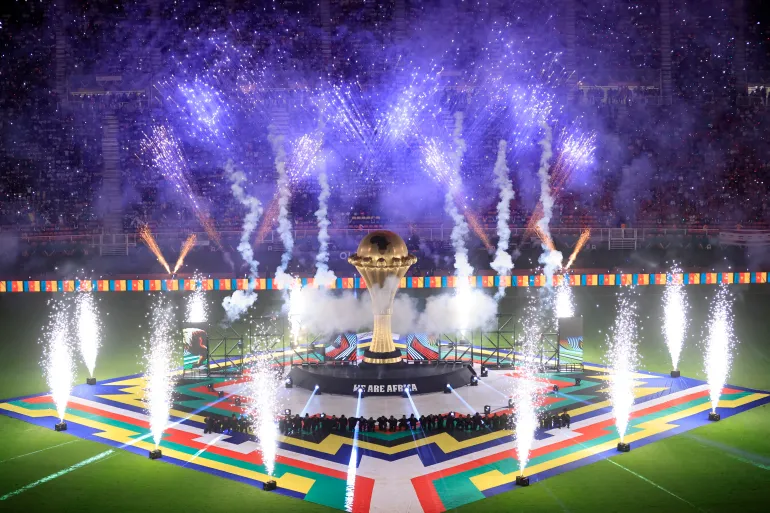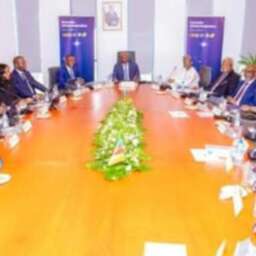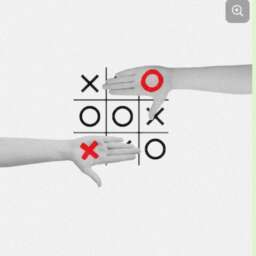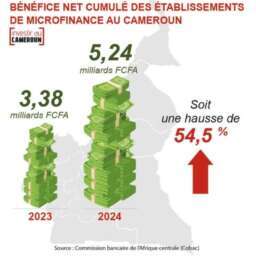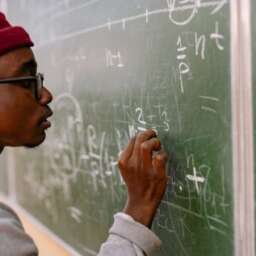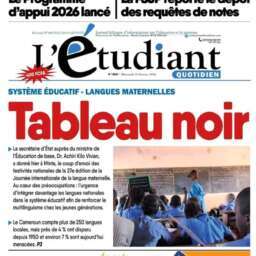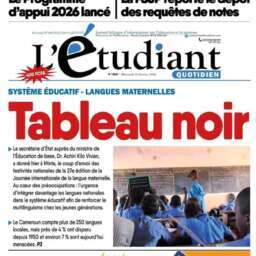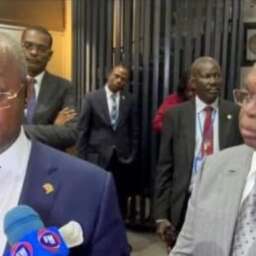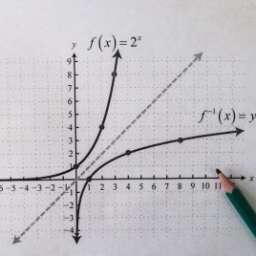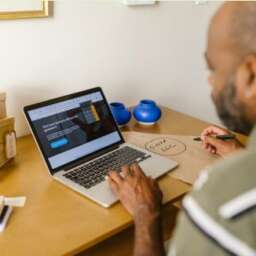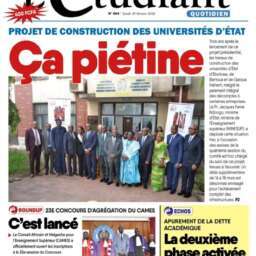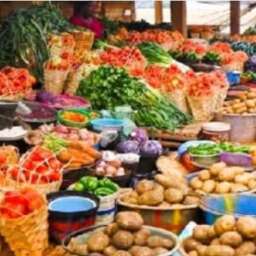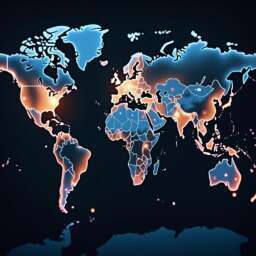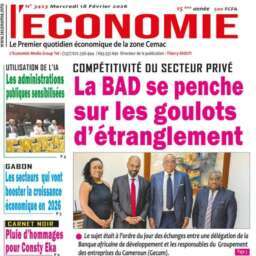In a few days, Africa will be vibrating to the rhythm of the 34th edition of the TotalEnergies CAF Africa Cup of Nations Côte d’Ivoire 2023. An array of African football talent will be on display between 13 January – 11 February.
CAFOnline presents a Top 10 list of players to watch.
Sadio Mané (Senegal, 31)
Best player of the previous edition, the Lions of Teranga star player will once again be the man to watch when he captains his side in their title defence this year. After leaving Europe for Saudi Arabia last summer, Sadio Mané has lost none of his sharpness. He remains the guiding light and leader of a Senegalese team whose ambition is to achieve the double.
Vincent Aboubakar (Cameroon, 31)
For several competitions now, he’s been carrying the Indomitable Lions. Vincent Aboubakar is Cameroon’s captain and trusted goalscorer. His mental strength and leadership will be key in guiding his teammates to a 6th star for Cameroon.
Sehrou Guirassy (Guinea, 27)
The centre-forward has been coming back to life in Germany this season. He’s racking up goal after goal and rivalling other top Bundesliga strikers. Guirassy is undoubtedly the striker who was missing from Syli de Guinée’s puzzle to excel in the TotalEnergies AFCON finals.
Sébastien Haller (Côte d’Ivoire, 30)
For his second TotalEnergies AFCON, he couldn’t have dreamt of anything better than playing it at home and in front of supporters who adopted him very quickly from his first steps with the Elephants. At 29, Sébastien Haller has reached maturity and intends to make a big impact at Africa’s biggest football spectacle in front of his fans.
Mohamed Amoura (Algeria, 23)
While other illustrious elders in the Algerian squad (Mahrez, Feghouli, Slimani) need no introduction, Mohamed Amoura should be the big attraction of this TotalEnergies AFCON 2023 for the Fennecs. The midfielder has excelled for his Belgian club over the past two seasons and has the opportunity to lead his national team into a major competition.
Victor Osimhen (Nigeria, 25)
It’s hard not to include the Best African Player of the Year in this thread. Victor Osimhen, fresh from his recent accolade as the best African footballer, is celebrating his new status on the continental stage. He is the figurehead of Nigeria’s rich attacking frontline, which he will have to guide in Côte d’Ivoire.
Azzedine Ounahi (Morocco, 24)
With the Moroccan team at the 2022 World Cup, he was part of a strong collective. Azzedine Ounahi once again has the opportunity to confirm the high regard in which he had with the star-studded Atlas Lions.
Mohammed Kudus (Ghana, 23)
A livewire for West Ham United in England’s Premier League, Mohammed Kudus has set one of the best leagues in the world alight with his explosive speed, skill and goalscoring prowess. Boasting seven man of the matches accolades this season with his side, the 23-year-old Ghanaian sensation will be one of the key players for the Black Stars in their pursuit of an elusive fifth TotalEnergies AFCON title.
Mohamed Salah (Egypt, 31)
As he has done for the last 3 finals, Mohamed Salah will once again be one of the attractions on the banks of the Ebrié Lagoon. A Liverpool star (top 5 scorer in the club’s history) with a string of goals every weekend, the Pharaoh remains the leader of his national team. Under his leadership, Egypt made it through the qualifiers unscathed.
Peter Shalulile (Namibia, 30)
Peter Shalulile is at the prime of his career with South Africa’s Mamelodi Sundowns. Fresh from lifting the inaugural African Football League and currently a key member of the team’s chase for a second TotalEnergies CAF Champions League gold medal, Shalulile will be key for the Brave Warriors of Namibia in Cote d’Ivoire.
Source: CAF



